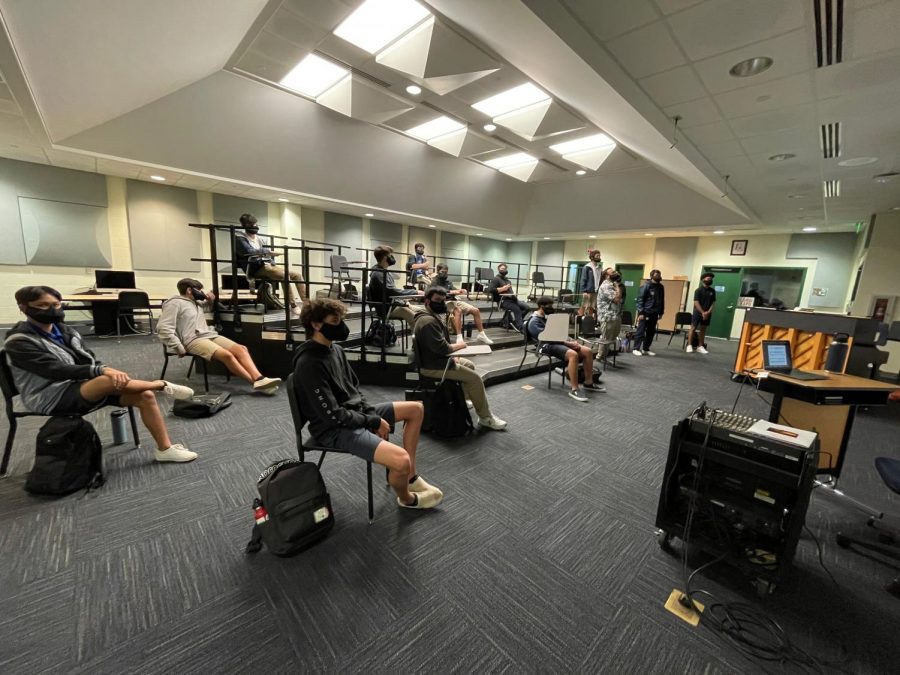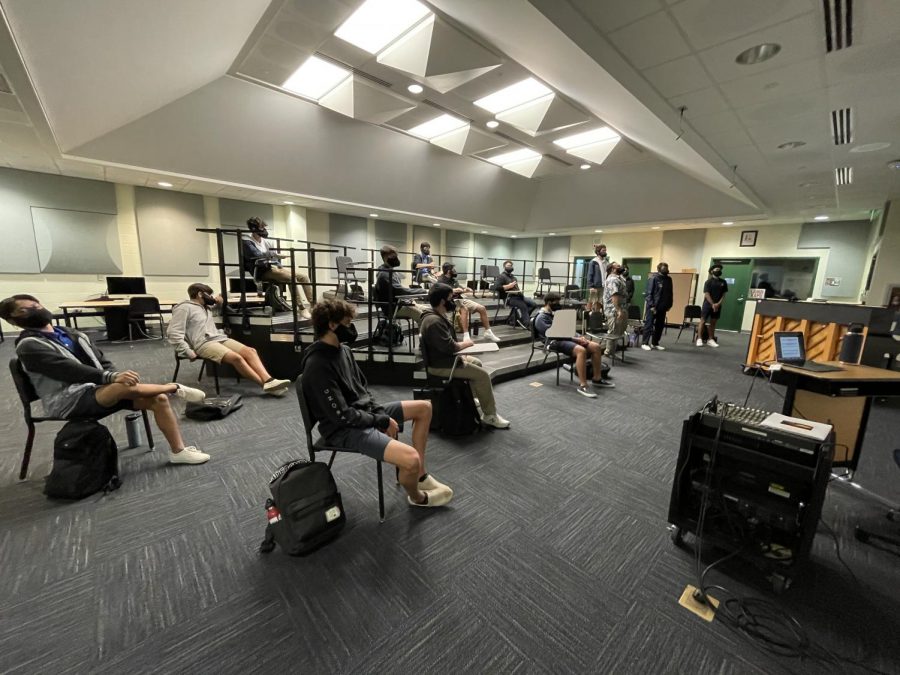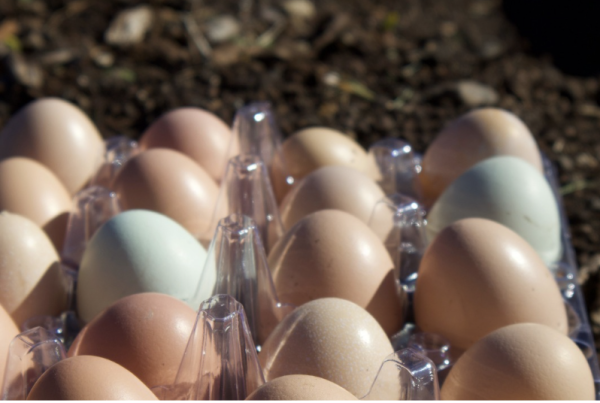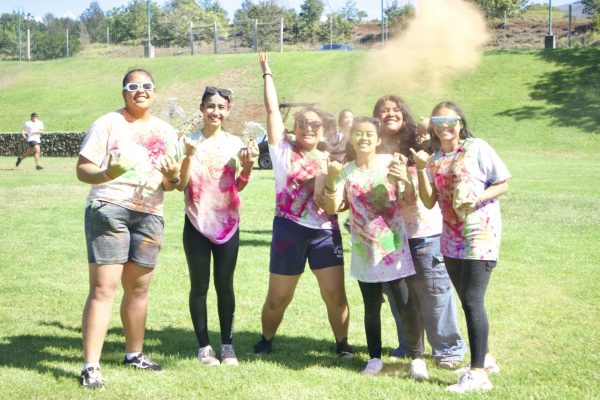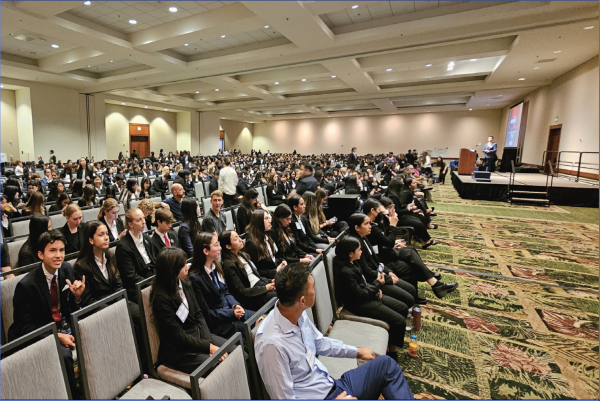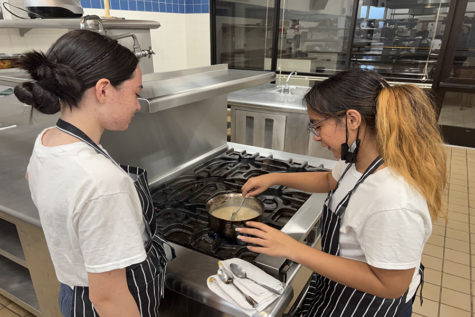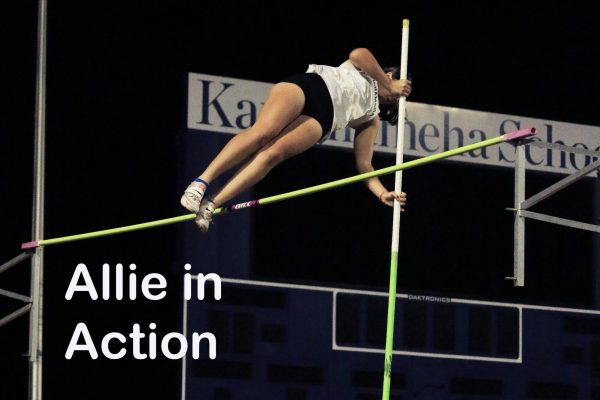ʻAha Mele returns with pandemic modifications
After ‘Aha Mele was canceled last year due to the coronavirus, teachers and students work rigorously to bring it back.
Photo by Kyani Bateman
Kāne ʻōpio of Papa Kou practice for ʻAha Mele competition.
KSM students have started to come to school on Wednesdays in preparation for the May 14 ‘Aha Mele competition, which was canceled last year at the start of the pandemic.
“ʻAha Mele is a huge part of our school. It is an opportunity for our haumāna to come together with their respective graduating class and work towards a common goal. Not only do the haumāna get the opportunity to sing, but they get to ‘hoʻomau nā mele Hawaiʻi,'” said Mr. Kawika Boro, choir and piano teacher.
This year, the classes of 2021, ’22 and ’23 will sing the same songs assigned to them from last year’s canceled event. The freshmen will be singing a modified version of the song previously assigned to the class of 2020.
Freshman Haylee Pruse is the song conductor for the Class of 2024, who will be singing the song Mahaiʻula.
Sophomore Karli Dean will conduct the class of 2023 in the song Ka Lehua ʻUla.
Junior Kawena Espania is the song conductor for the class of 2022, and they will be singing Kuʻuipo I Ka Heʻe Puʻe One, and Keolapono Keahi is the senior song conductor. The class of 2021 will be performing Waika.
“I’m hoping that ʻAha Mele will run smoothly and that when the competition is over, the seniors will appreciate the fact that our school sings because this may be the last time we get to sing together,” Keahi said.
Due to the ongoing pandemic, some modifications have been made.
The singing will be pre-recorded and put together into a single recording, but there may also be live singing components, depending on administrative approval. As COVID-19 conditions develop, the program is constantly shifting and changing, so while many elements have been put in place, these elements can change drastically by the time May 14 arrives.
At this time, the hō’ike will also be pre-recorded for broadcast to the audience at home.
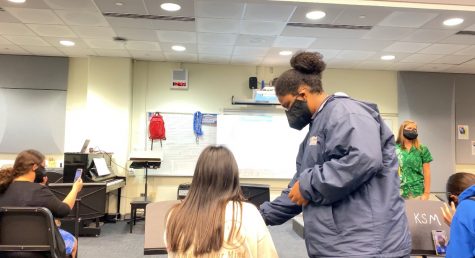
Many are pitching in to bring back this Kamehameha tradition, but there are challenges.
“With the hybrid schedule, it has restricted much of the in-person practicing, so that could take a toll on performance,” said Dr. Mahina Hannemann-Gago, interim vice principal.
Each class has only two scheduled practices on campus, and the rest of the practices are done virtually, and with class and school pride at stake, some classes are calling for additional virtual practice sessions voluntarily.
The use of masks to combat the spread of the coronavirus was another issue to overcome when putting on a singing competition.
Haumāna will be using professional singing masks with extended cages that keep the fabric away from the lips and mouth so that students can breathe more freely.
Coordinator Kumu Kalei Aarona-Lorenzo said that even these masks created some difficulties for singers because of an echo effect, and some say that the sound of singing is muffled in the masks.
In addition to the masks used for practice, the form and number of practices and the form of the competition itself, there will also be changes to this year’s awards.
The conductor’s award, Ka Lei a Pauahi, will now be determined based on the video of the conductors conducting the class and how the students respond to them.
The ʻŌlelo Hawaiʻi award, Ka Hulu Kūpuna, will still be awarded to the class with the best use of Hawaiian language, and the coveted overall award, Ka Maka o Ka Ihe, will be awarded to the class with the highest scores in mele and ‘ōlelo.
One award that is being judged differently this year is Ka Malu O ʻAʻapueo, which is the kāne or wahine award for best performance by vocal parts (tenors and basses versus altos and sopranos).
This has been proposed as an audience-favorite award as opposed to being decided upon by the event coordinators as it has been since the award was established three years ago.
Student government is working on creating a system for the audience to vote for this award online.
With so many changes and everything being done in a different way, Kumu Kalei cautions that much of ‘Aha Mele is still undecided as everyone waits for “administration to make final decisions.”
Students from all grades report mixed feelings about ʻAha Mele because it is different; however, many, like junior Naliko Cabanilla, are excited and grateful that they get to do “something we would normally do during the school year.”
Cabanilla said that she is sure that after practicing more regularly, students will start to enjoy practicing again.
“Missing the opportunity of hearing everyone sing and obviously competing and winning lead our motivation to it this year,” she said.
With kumu and haumāna alike preparing as much as they can in a COVID-19 world, this is one step toward a return to normalcy.
“I’m grateful that we’ve been proactive in finding a way to make it happen during the 2020-21 school year,” Mr. Boro said.

